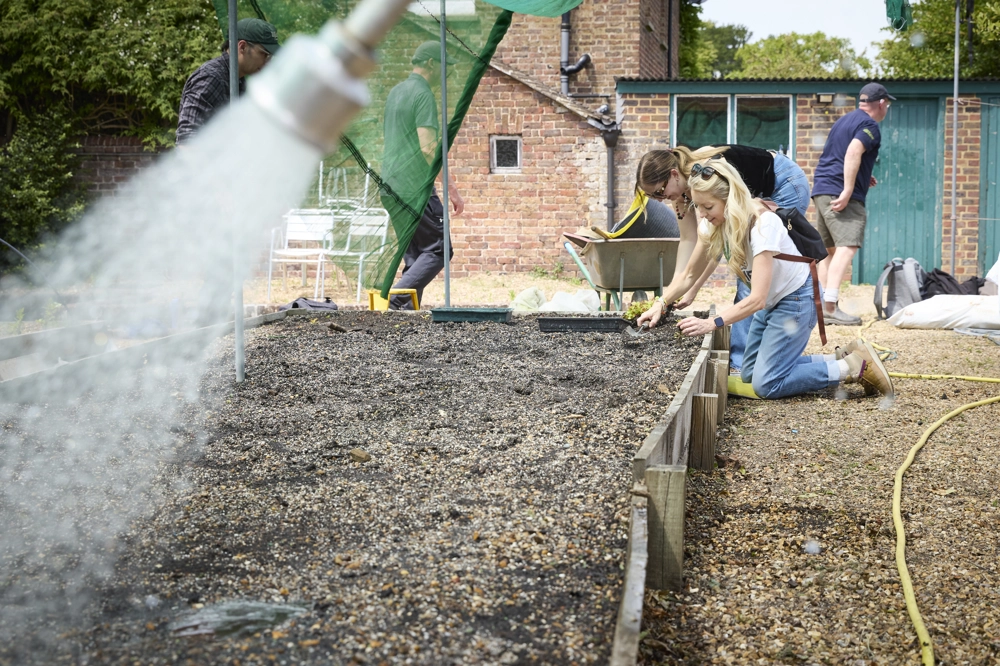Investing for the long term. Our futures depend on it.
Responding to the world around us
As a leading financial services group, we are well placed to respond to and benefit from major structural and societal changes. Changing demographics, climate transition, economic uncertainty and technology are driving demand for trusted, experienced investors - those who can manage risk through the cycle, originate productive assets, and deliver returns for savers.
Through our investments, we have the opportunity to tackle issues connected with financial wellbeing and developing public and private spaces - such as addressing the inadequacy of housing and increasing investment in infrastructure and commercial real estate. We incorporate financially material ESG considerations into our investment decisions and engage with companies, regulators, and policymakers, to help drive long-term value creation and support real-world outcomes for our clients.
Purpose in action
Our purpose - Investing for the long term. Our futures depend on it - helps shape how we think, how we act, and how we create lasting impact for our clients, customers, shareholders and society.
Keep reading to see how we’re delivering on our purpose through: Strategic progress, Safeguarding financial futures, Community impact and Investing for growth.
Big numbers
Assets under management (AUM)
£1.1tn
Of proprietary assets
£97.6bn
Invested into clean energy projects, including solar and wind farms
£1.1bn
New homes delivered by L&G Affordable Homes in operation
6,500
Donated to UK civil society sector organisations
£5.2m
We are committed to achieving a net zero asset portfolio
By 2050
These numbers have come from our Social impact report, Climate and nature report and Annual Report.
Strategic progress
Our vision is for a growing, simpler and better-connected L&G, continuing to build on our shared purpose to benefit our customers, society and shareholders.
L&G is made up of three complementary businesses: Retail, Asset Management and Institutional Retirement. With a shared purpose and strong synergies between them, our businesses are working together to serve the long-term investment needs of clients, customers, shareholders and society.
Safeguarding financial futures
As a leading UK provider of retirement and protection solutions, we support our policyholders and workplace members throughout their lifelong financial journeys. That helps them build resilience throughout their lifetimes and make more informed decisions that lead to better retirements.
Community impact
As a leading financial services group, L&G can positively impact society. We are dedicated to uplifting communities, through engagement with local partnerships and social projects on an individual and organisational level. We also encourage our people to give back by volunteering and fundraising for charitable causes.
Investing for growth
We believe it is in the interest of all stakeholders for companies to build sustainable business models that are also beneficial to society. That is why we are evolving our business to address society’s changing investment needs and shift towards fee-based earnings at higher returns on capital.
Our investment philosophy and processes are focused on creating value over the long term. We believe that incorporating financially material sustainability criteria, when relevant to our clients, can create value and drive positive change.










